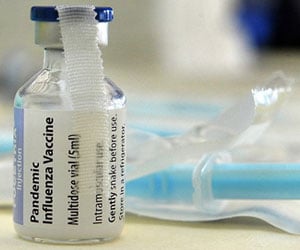
Sunit K. Singh, a renowned molecular virologist of the Institute of Medical Sciences at Banaras Hindu University (BHU) said, "The incubation period for MERS has been reported usually between five to six days, but it may span two to 14 days. Though the exact way of the (MERS-CoV) virus spread is yet unknown, it is believed that it spreads from an infected person’s respiratory secretions. There are two main ways of diagnosis of MERS-CoV infections- Polymerase chain reaction (PCR) Test and Serological test. Polymerase chain reaction is done with respiratory samples, which can indicate if a suspected case is suffering from active infection with MERS-CoV or not, while the Serological test is performed by using blood samples through ELISA (Enzyme-linked Immunosorbent Assay), Immunofluorescent assay (IFA) and the Neutralizing anti-body assay."
In the wake to the MERS outbreak in the middle east and South Korea, the World Health Organization had recently conducted an emergency meeting of nations regarding MERS-CoV and has come up with the major factors behind the spread of the disease which are- lack of awareness among healthcare workers and the general public about MERS; sub-optimal infection prevention and control measures in hospitals; and practice of seeking care at multiple hospitals.
Shivendu Mukherjee, a noted chest medicine expert and currently with the Kolkata-based Downtown hospital, said, "Travel is one of the biggest factors contributing to the spread of a disease in a short period of time. Even during the outbreak of swine flu and suspected Ebola cases, travel was considered to be the main reason. Currently, though India has not seen any patient with MERS, setting up quarantine is necessary as there is a huge inflow of NRIs, tourists and even patients for medical care from the Middle East and South Korea."
Source-IANS







